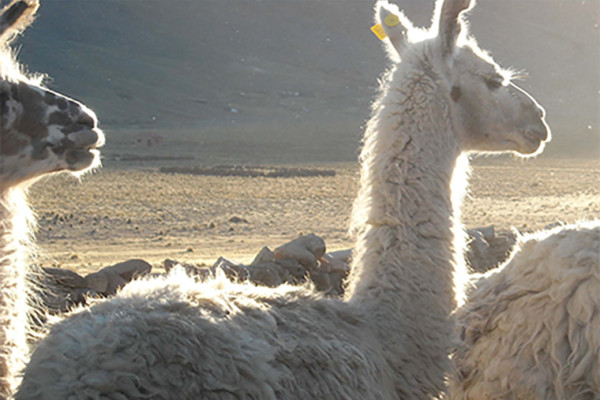The story of animal domestication retold
A review of recent research on the
domestication of large herbivores for “The Modern View of
Domestication,” a special feature of PNAS, suggests that neither intentional
breeding nor genetic isolation were as significant as traditionally
thought.
Rodeo bull goes head-to-head with zoo dolphins in a study of balance
Dolphins, whales and porpoises have extraordinarily small balance organs, and scientists have long wondered why. In a head to head comparison of two dolphins and a rodeo bull, Washington University School of Medicine researchers have contradicted the leading explanation for these undersized organs and left the door open for new theories.
Risk of mad cow disease to humans is very small, WUSTL experts say
WUSTL professors David N. Harris and John C. Morris were among experts commenting in a recent St. Louis Post-Dispatch story on public health implications of the discovery of mad cow disease at a Washington state dairy farm. Harris, who conducts research on prion brain proteins associated with the disease, said that no one yet knows what the protein’s regular function is. Morris, a neurology specialist, said that Great Britain’s experience with the disease suggests that most people who were exposed to tainted meat did not get sick. “It’s undeniable that there is this link (with BSE), and it’s such a scary illness that it overshadows the fact that the individual risk is quite small,” Morris said.

